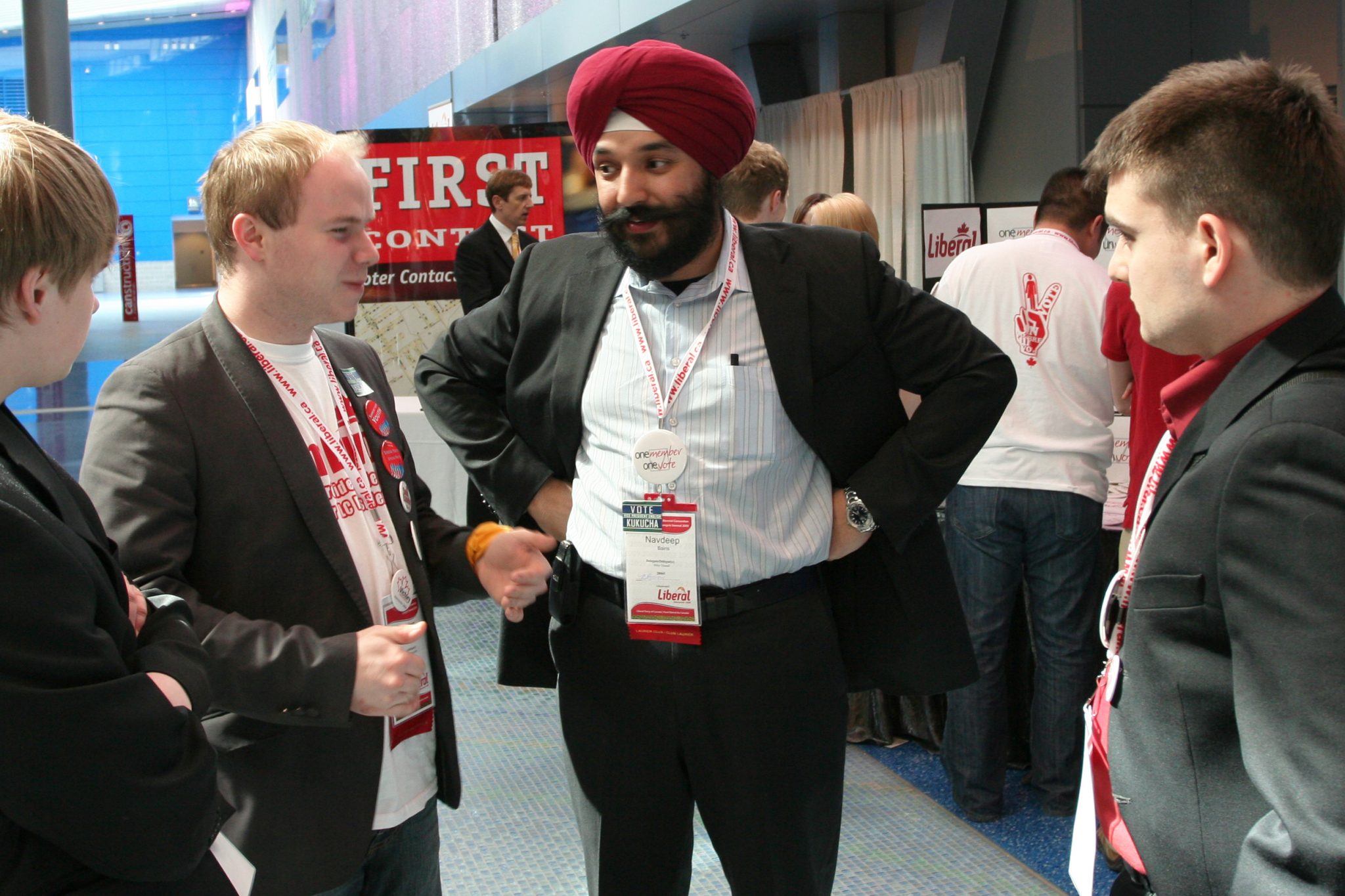The new federal budget emphasizes spending on science research


With the Liberal’s new federal budget announcement last week came the news that funding for science research in Canada will be bolstered.
To help spread the word about the new funding, Navdeep Bains, minister of innovation, science and economic development, came to Laurier to speak to students and faculty.
The budget he came to speak about includes over $3 billion in funds over the next five years to support science research across Canada in various ways.
Pleased with the new science funding is Robert Gordon, Wilfrid Laurier University’s vice president: research.
“I’m very positive in terms of what was announced,” Gordon said.
“I think that we’ve had a number of years where we haven’t seen strong federal commitments to grow the amount of support that’s provided to universities for fundamental research, and certainly this latest budget is I think a positive step in the right direction,” Gordon said.
Bardish Chagger, MP for the riding of Waterloo and minister of small business and tourism, spoke during a meet and greet at Laurier about the government’s motivation behind the new science funding.
“People like the minister of science, the honorable Kirsty Duncan, have been — we put in proposals to the minister of finance, and if you can really back the importance of the reason for that investment, like a historical investment in science, you will see that this government will deliver,” Chagger said.
Gordon also noted that a lot of the funds that universities get for research goes, not to experiments and studies performed by faculty, but instead goes towards training students.
“And we know that if we really want to grow opportunities and maximize the potential of all people, we have to make substantial, meaningful investments in science so that we can do the research,” Chagger said.
The new funding, which is being doled out to institutions like the Natural Science and Engineering Research Council (NSERC), the Canadian Institutes of Health Research (CIHR) and the Social Sciences and Humanities Research Council (SSHRC), will in turn be distributed to universities like Laurier.
“So I think the federal funds that are going to be available for the tri-councils … is nearly $1 billion over the next five years, it’s really I think going to position Laurier for success,” Gordon said.
In addition to this funding is a sum to be allotted to the Canada Foundation for Innovation (CFI), which provides Canadian universities, colleges, research hospitals and non-profit research organizations with the tools and equipment they need to conduct research.
“There’s a significant commitment, I think over the next five years, around $763 million is going to go to the Canada Foundation for Innovation, and that’s a major program that supports research infrastructure for universities across the country,” Gordon said.
“We certainly access a lot of our research infrastructure through the CFI program,” Gordon said.
Gordon was sure that Laurier’s recent successes in research, in combination with the Canada Research Chairs program, would bring the university even more of the rewards of the new budget.
“We have a number of Canada Research Chairs here at Laurier, and certainly my understanding is that the federal budget highlighted about $50 million in additional support for CRCs at universities across the country,” Gordon said.
“With our recent research success as a university, I’m fully expecting that we will be the recipient of more Canada Research Chairs,” Gordon said.
Gordon also noted that a lot of the funds that universities get for research goes, not to experiments and studies performed by faculty, but instead goes towards training students.
“A significant portion of the research funds that universities get is used to support student training,” Gordon said.
“For example, here at Laurier, a lot of the research funding that we get through the Tri-Councils is primarily used to support undergraduate students as well as graduate students to engage in research,” Gordon said.
“And I think that’s a fantastic investment in terms of supporting aspects of fundamental science,” he added.
“But it also provides a great experience and many opportunities for those students and other high-qualified personnel to get exposure to research and be prepared to provide leadership for many years to come.”

